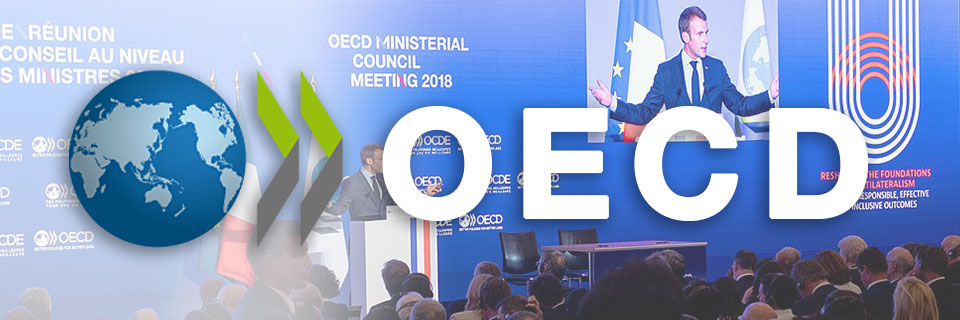A group of 22 jurisdictions have signed a multilateral agreement to exchange information with respect to income earned on digital platforms and 16 jurisdictions have signed an agreement supporting the OECD's model mandatory disclosure rules on Common Reporting Standard (CRS) avoidance arrangements and opaque offshore structures.
The CRS is an international standard under which OECD countries collect information on holders of accounts at their domestic banks and other financial institutions and then pass it to the authorities of other countries for use in tax enforcement. Soon after it was introduced in 2016, it became clear that schemes for circumventing it were being devised and as a result the OECD developed a disclosure methodology under which taxpayers and intermediaries could be required to report such schemes, so that they could be analysed and appropriate counters developed. The mandatory disclosure rules have subsequently been extended to cover new financial products such as crypto-assets, but have not been widely implemented by participants in the CRS system.
The 16 signatories to the new multilateral competent authority agreement have now agreed to adopt the OECD mandatory reporting scheme in their dealings with each another. Each jurisdiction will collect information from intermediaries that have identified arrangements to circumvent the CRS and structures that disguise the beneficial owners of assets held offshore. Every year, the jurisdictions will pass that information automatically to the taxpayers' jurisdictions of tax residence...
Login to see the whole story
For business consultation, please contact us








